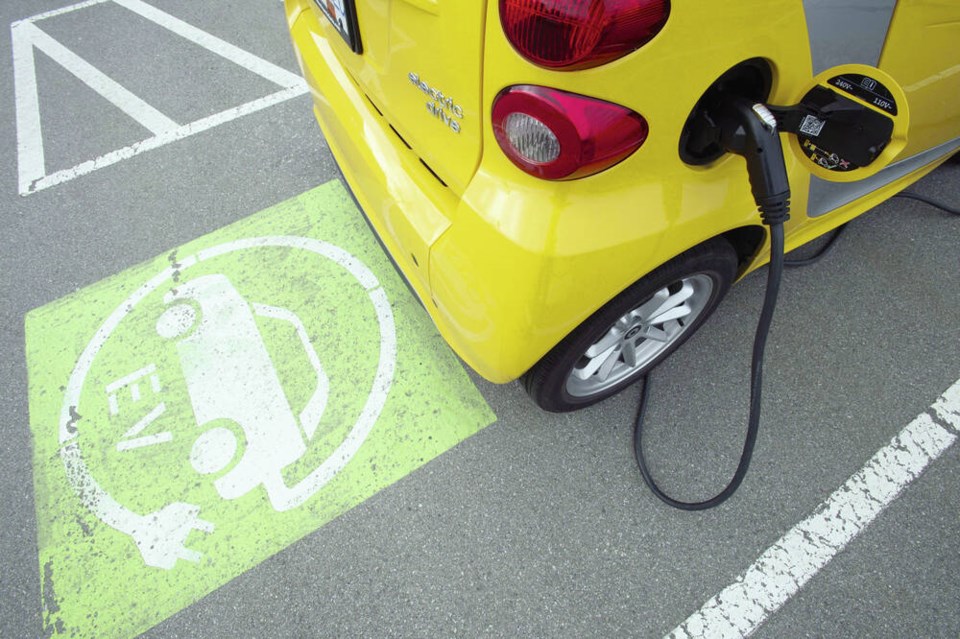A 70 per cent increase in the number of electric vehicles on capital region roads was recorded in the Victoria Electric Vehicle Association’s second annual spring count.
Inspired by Victoria’s traditional spring flower and bird counts, the club started a non-scientific counting of electric vehicles during the morning commute last year.
On Wednesday, between 6:30 a.m. and 9 a.m., members of the club, which was founded in 2012, recorded 1,728 electric vehicles commuting on access roads surrounding the city.
The figure represents about 18 per cent of electric vehicles registered in the capital region and a 70 per cent rise over last year’s 1,023 vehicles recorded.
“We are distinctly seeing an exponential increase in the number of electric vehicles on the road,” said David Grove, president of the association, which has about 1,800 members.
“We have the perfect mild climate for EV batteries — not too hot, not too cold. While our count is primarily a non-scientific, feel-good event, it does provide a baseline of data going forward as we transition to a zero-emission future.”
The count took place two days after Prime Minister Justin Trudeau visited Victoria to promote the future of a clean economy and EV infrastructure as part of the federal budget.
“We know we need to cut emissions, we know we need to reduce pollution … one of the best ways of doing that is to get more clean cars on the road,” Trudeau said.
At a news conference held with Royal Roads University in the background, he reaffirmed the federal government’s $5,000 incentive in the budget for buyers of new electric vehicles.
“We know that electric vehicles are more expensive up front even if, over the long term, they turn out to be cheaper. We know people need that help up front,” Trudeau said.
The budget also saw $900 million in incentives and grants to fast-track the construction of a network of electric-vehicle charging stations across the country.
Trudeau outlined a new national emissions-reduction plan with the goal of one in five new cars sold be zero-emission by 2026, increasing to 60 per cent by 2030.
For association members, the latest federal announcements affirm their efforts in advocating for clean energy.
“The Spring Electric Vehicle Count raises awareness on how many more people in our community are travelling to work in the cleanest, most energy-efficient and least expensive means available — their electric cars,” Grove said.
parrais@timescolonist.com



